If you see someone is hitting his own face, we can all agree he needs psychological assistance. Yet at this very moment, nations are threatening other nations with war. This action isn't too far away from my analogy.
First, these nations aren't too far away geographically from each other. Second, even if they are far away, there isn't a city on Earth that isn't connected to at least another city, making isolation a myth. And third, living on Earth is tough enough. Big problems and other bad storms happen naturally. We all have to deal with them. Why create more storms artificially and create more trouble for ourselves?
Our world is indeed small. It's "a pale blue dot" is what the late astrophysicist Carl Sagan used to say. We are all on this same dot, i.e., boat. Therefore, it's foolish not to try to understand each other and help each other along, because we would also be understanding and helping ourselves as well. ☯
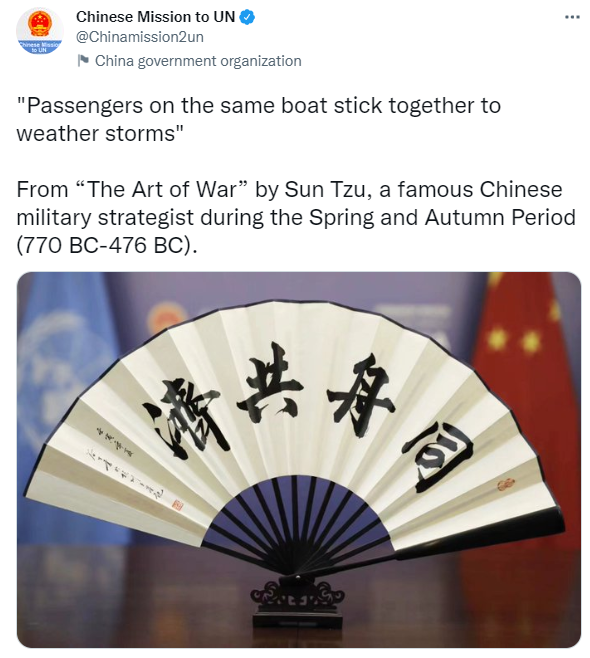


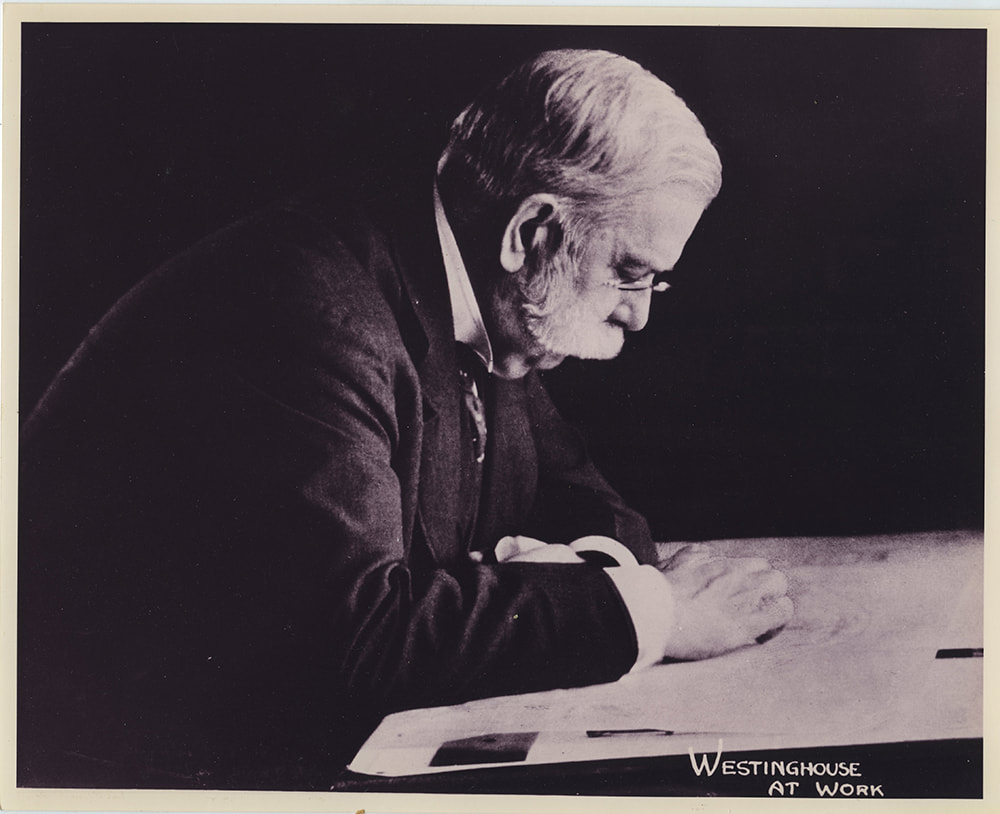
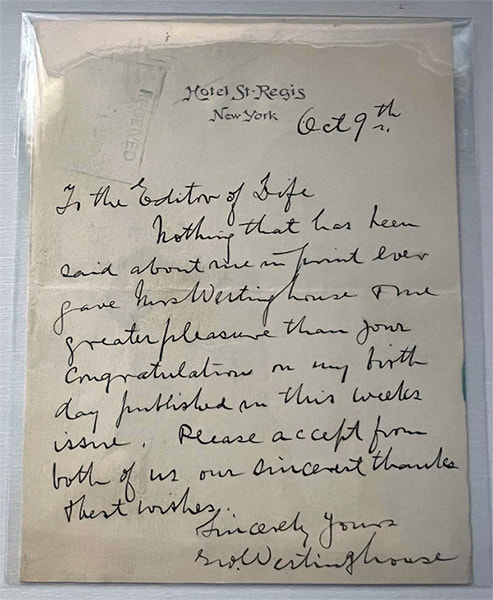
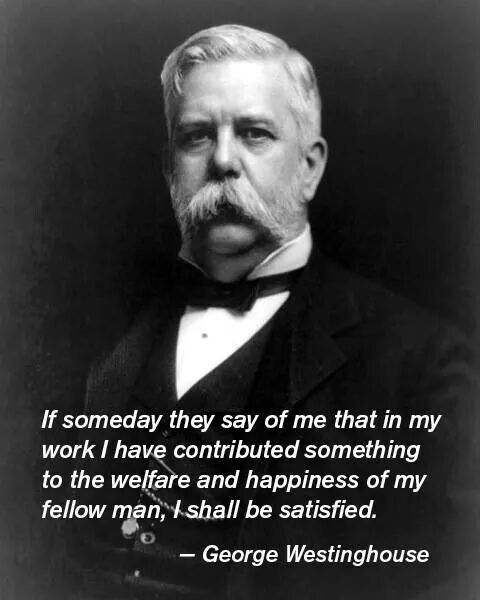
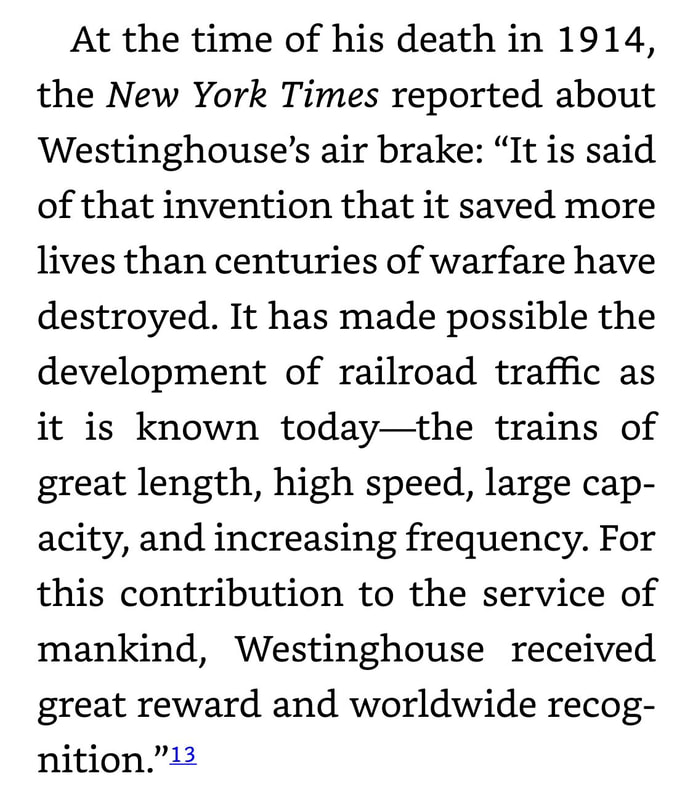
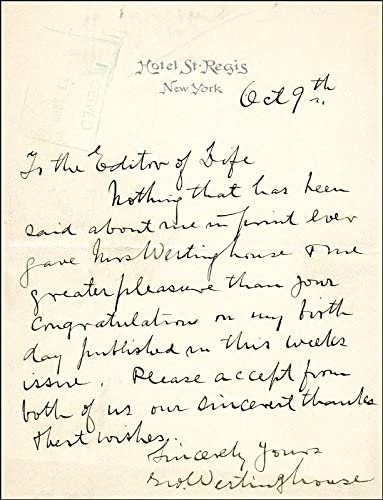
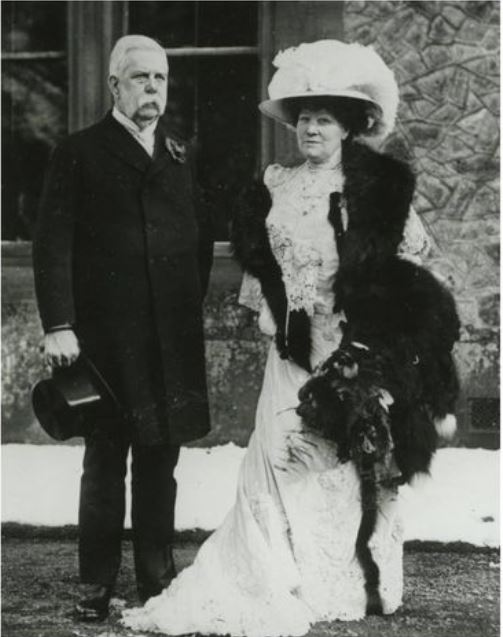
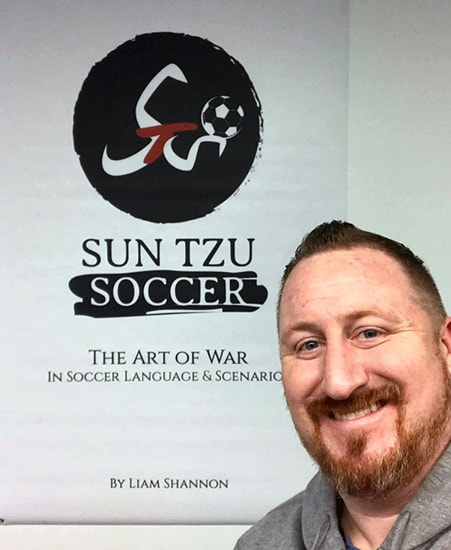
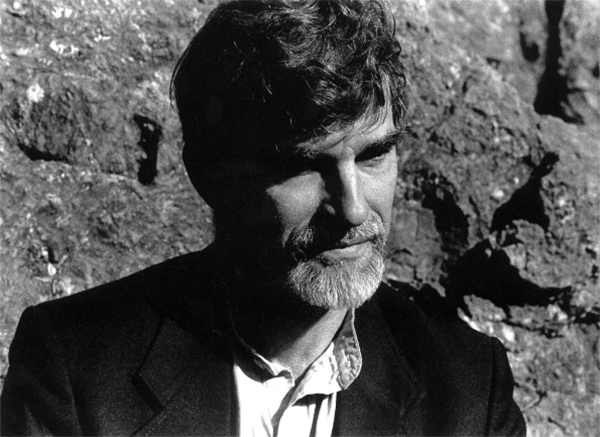

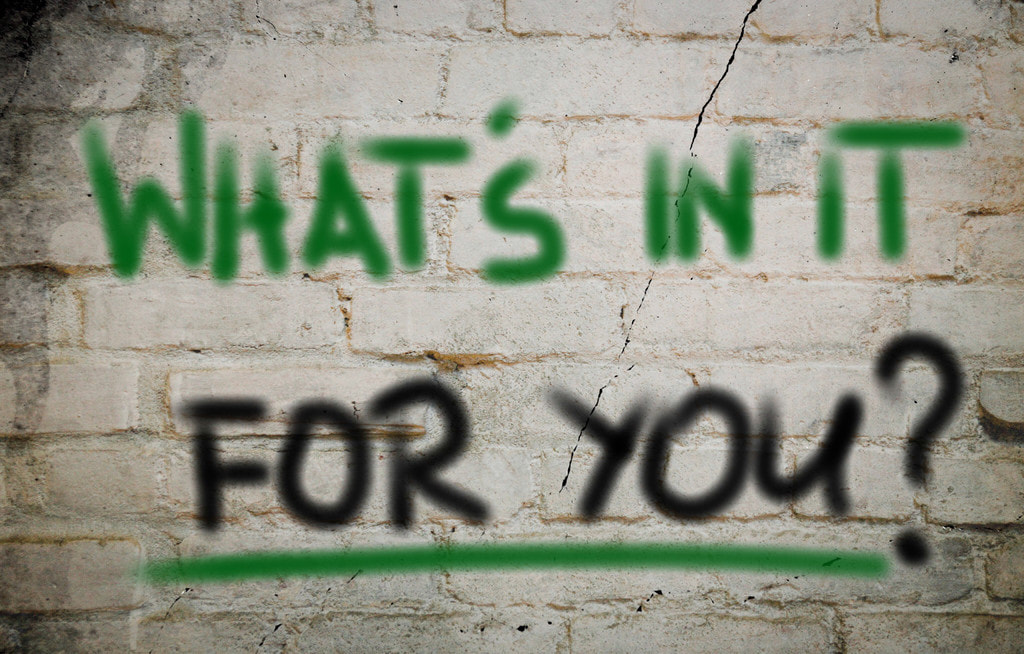
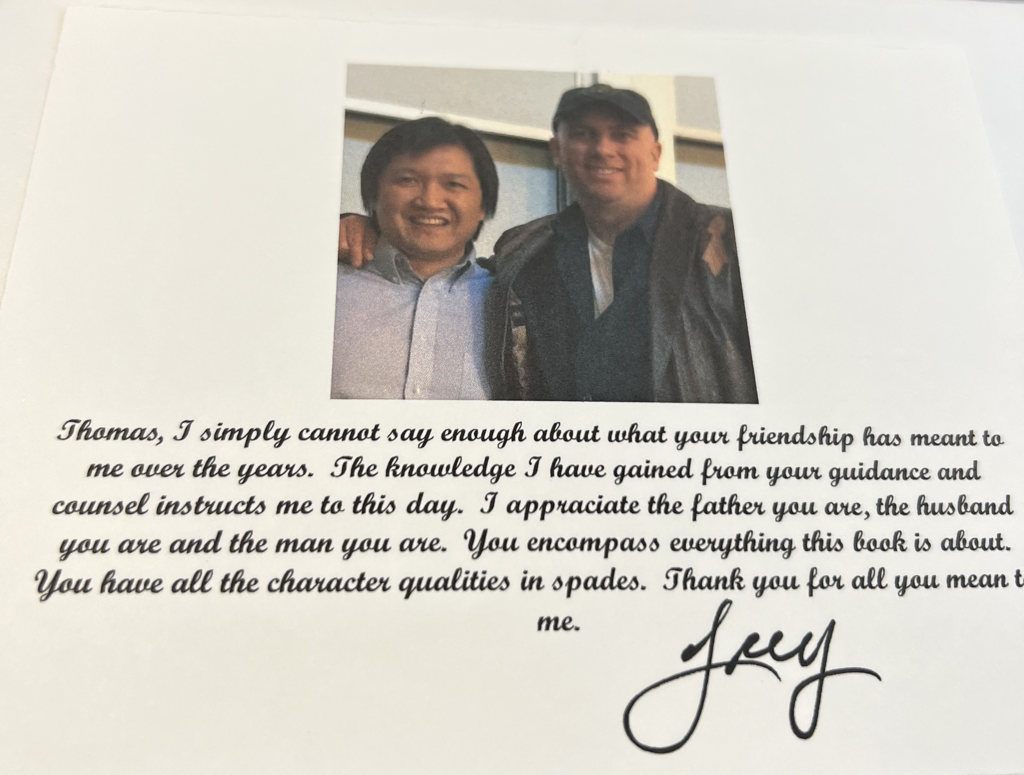

 RSS Feed
RSS Feed